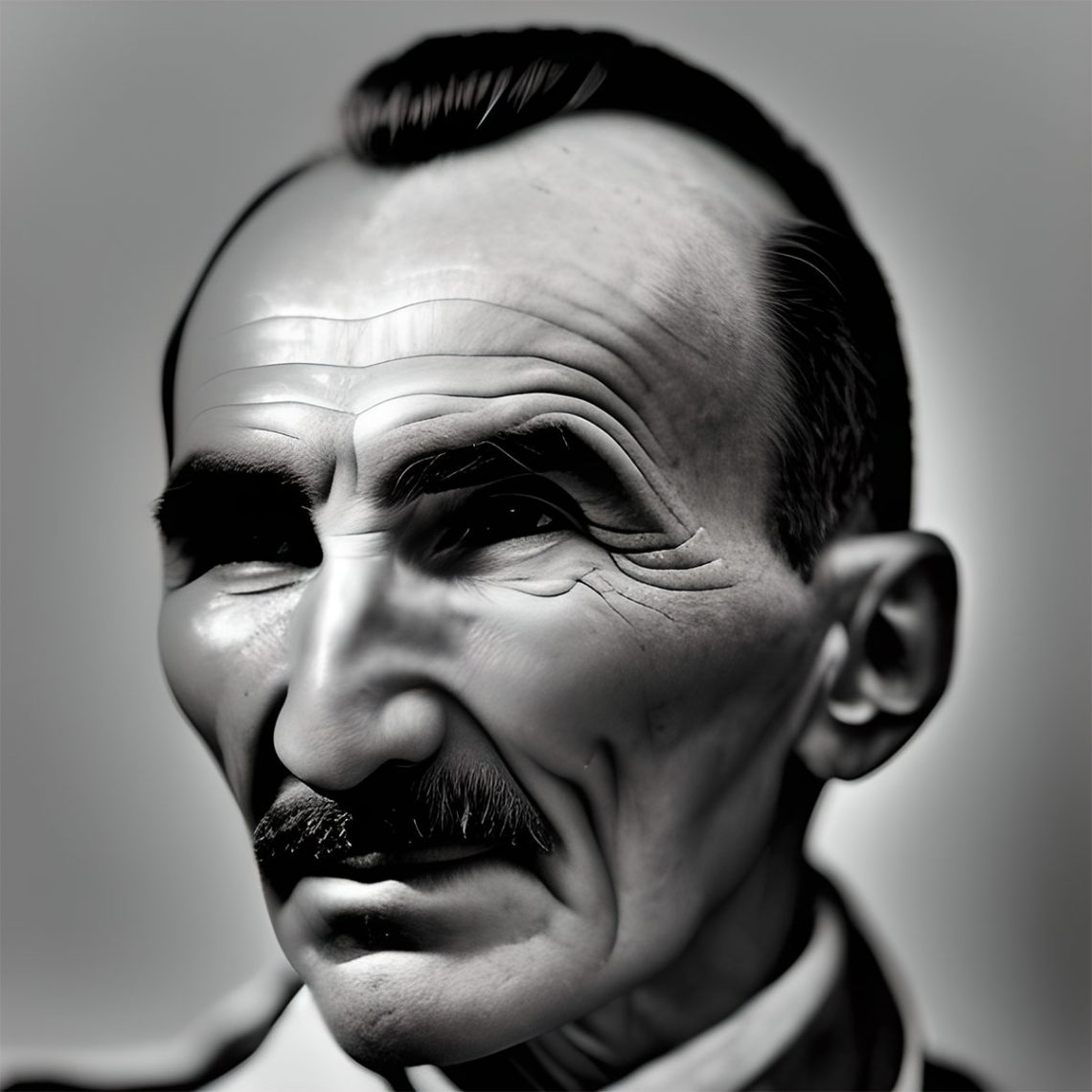Nikos Kazantzakis: The Life and Works of a Greek Literary Legend
Introduction
Nikos Kazantzakis was one of the most influential and celebrated writers in modern Greek literature. His works, which were translated into numerous languages, continue to inspire and captivate readers worldwide. In this article, we will explore the life and works of Nikos Kazantzakis, from his early years in Crete to his legacy as a literary giant.
Early Life and Education
Nikos Kazantzakis was born in Heraklion, the largest city and capital of the island of Crete, which was then part of the Ottoman Empire. His father, Michalis Kazantzakis, was a farmer and his mother, Maria Christodoulou, was the daughter of a merchant.
His parents instilled in him a love of literature and learning from an early age. At the age of six, Kazantzakis started attending elementary school in Heraklion. He later attended the Varvakeion School in Athens, where he excelled academically. After finishing his secondary education, he enrolled at the University of Athens, where he studied law and philosophy.
Literary Career
Kazantzakis is best known for his novels, which are deeply philosophical and explore the human condition. Some of his most famous works include “Zorba the Greek,” “The Last Temptation of Christ,” and “The Odyssey: A Modern Sequel.”
Kazantzakis’ writing style is characterized by his use of metaphors and symbolism, and his exploration of themes such as spirituality, freedom, and existentialism. His works have been translated into numerous languages and have had a significant impact on modern Greek literature.
Personal Life
Kazantzakis was married twice in his life. His first marriage to Galateia Alexiou ended in divorce, and he later married Eleni Samiou. Kazantzakis was known for his unconventional views and lifestyle, which often sparked controversy and criticism.
He was a lifelong traveler and visited numerous countries, including France, Italy, Germany, and Japan. His travels influenced his writing and provided him with a unique perspective on the world.
Philosophy and Spirituality
Kazantzakis’s philosophy and spirituality are central themes in his works. He believed in the power of human will and the importance of struggle and self-transcendence in achieving personal growth and spiritual fulfillment. His philosophy was heavily influenced by Nietzsche and Buddhism, and he sought to reconcile Western and Eastern thought in his writings.
Impact and Legacy
Kazantzakis’s impact on Greek literature and culture cannot be overstated. He is widely regarded as one of the greatest writers in the history of modern Greek literature and a seminal figure in 20th-century European literature. His works have been translated into numerous languages and adapted for film, theater, and opera. In addition to his literary legacy, Kazantzakis was also an influential public figure, serving as a member of the Greek parliament and as a government minister.
Final Years and Death
Kazantzakis spent his final years traveling and writing, visiting countries such as Japan, China, and India in search of spiritual enlightenment. He died in Freiburg, Germany, on October 26, 1957, at the age of 74, and was buried on the island of Crete, where a museum dedicated to his life and works now stands.
Controversy and Criticism
Despite his lasting impact on literature and culture, Kazantzakis’s works were not always well-received during his lifetime. Many of his books were banned or censored by Greek authorities for their controversial themes and ideas. He was also criticized by some for his perceived atheism and unorthodox spiritual beliefs.
Influence on Popular Culture
Kazantzakis’s works have had a significant impact on popular culture, inspiring numerous films, songs, and other creative works. One of the most famous adaptations of his work is the film “Zorba the Greek,” based on his novel of the same name. The film’s iconic theme song, “Zorba’s Dance,” has become synonymous with Greek culture and is often played at social events and celebrations around the world. Kazantzakis’s novel “The Last Temptation of Christ” was also adapted into a film directed by Martin Scorsese, which generated controversy for its portrayal of Jesus as a human struggling with his divine mission.
Honors and Awards
Throughout his life, Kazantzakis received numerous honors and awards for his contributions to literature and culture. In 1946, he was nominated for the Nobel Prize in Literature, and in 1956, he was awarded the Peace Prize of the German Book Trade. In 1977, he was posthumously nominated for the Nobel Prize in Literature for his life’s work.
Conclusion
Nikos Kazantzakis was a literary legend who left an indelible mark on modern Greek literature. His works, which explored the human condition and the mysteries of existence, continue to inspire and captivate readers worldwide. His life was filled with controversy and unconventional choices, but his legacy remains intact as one of the most influential and celebrated writers of the 20th century.

